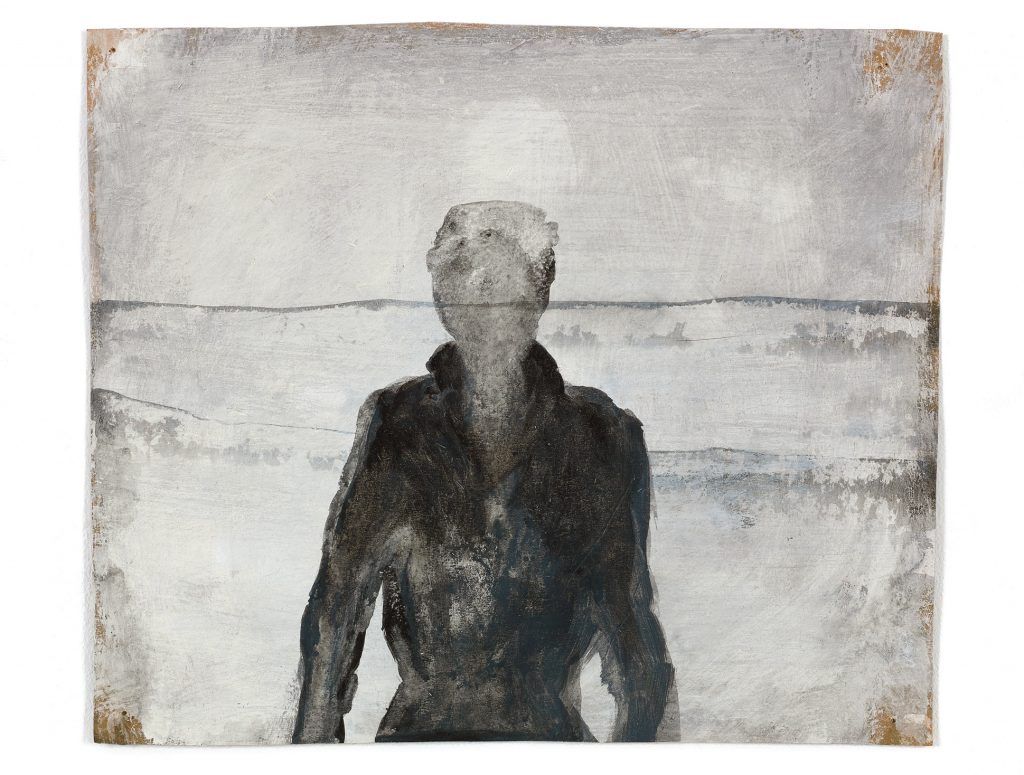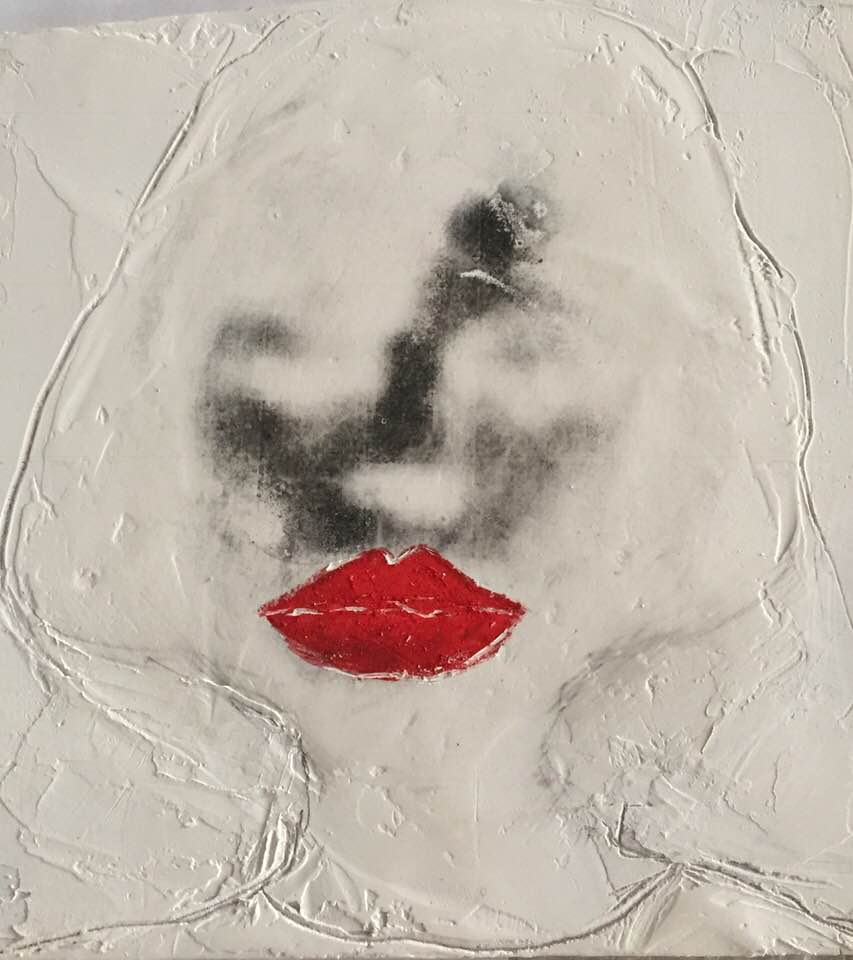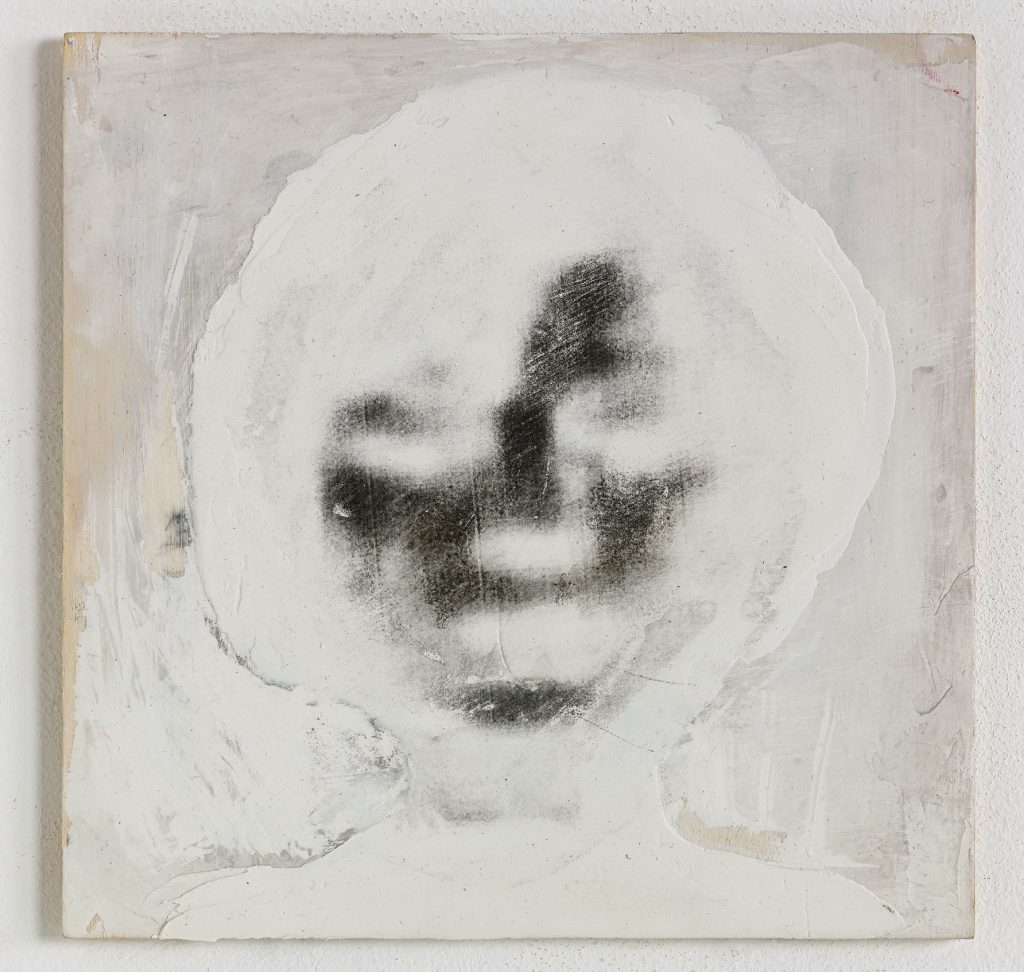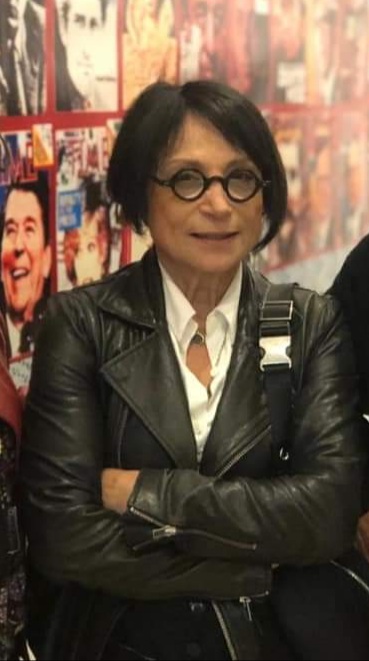
Perhaps the voyaging birds alone who find
Their own route hanging between the sky and earth,
Know how I pine between two lands of birth
Lea Goldberg, Pine, trans from Hebrew A. Z. Foreman
The corpus of Josyane Vanounou’s work is a continuum of fragmented memories, built out of forgetfulness and spotted with fragments of fantasy. She makes use of a sort of “memory prosthetic” to describe the process in which the renewed construction of the past creates alternative memories that imitate true experiences.
She follows in the steps of the French filmmaker Francois Truffaut (in his movie, The 400 Blows, 1959), sprinkling a paper chase in search of the “authentic” in terms of her personal past by way of a collective past or their joint cinematic representation. She raises questions about grasping reality and the construction of memory and her/our need to get a grip on “truth” or to reformulate it. Through these, she addresses journeying, migration from “there to here,” belonging, language and assimilation.

The freeze frame in the last image of the movie serves as a spark that activates and starts the corpus of works displayed in this exhibition. Vanounou sketches the portrait of Antoine standing on the shore when his future is unknown, dozens of times, over and over again. Throughout all of the last scene he runs; his sudden stop marks for Vanounou the beginning of her own creation. In the scene she has identified biographical elements of her own to the point that “I couldn’t differentiate between the two. Reality and illusion have mixed and become a living memory – forged, invented, but made up of elements that actually happened.” One of the effects of historical representations in various art forms is the closeness of the viewer to the past, the viewer serves as a witness to reconstructed history. Art is based on the viewers identifying with the events presented, in order to create for them memories that are not based on first-hand experiences, yet these are real-plastic memories, made from materials of emotional sensitivity.

The continuum of Vanounou’s works unravels the link between signifier and signified and uses these elements to dig below the single story. She uses various representational techniques that disrupt the authentic memory and disturb the linear continuity of the narrative. In her own words: “My work is not in a category that stipulates boundaries. I seek to melt the border between reality and fiction, I do not want to delineate. I work within or toward a category.”
By borrowing characters that undergo a process of abstraction from Truffaut’s movie, Vanounou carries out a sort of “stock take” of the present and tells her own story in an abstract manner. She utilizes the framework and structure of cinematic creation, and through them holds a discussion on the myth of childhood and lost time.

Vanounou was born in France and immigrated to Israel in an attempt to crystallize identity. The French language and culture represent a significant part of her persona; as a result she finds herself a stranger there and here. She finds herself in a “state of existence of a floating identity, that she has learned to come to terms with” (Anat Gatenio, in a text for the exhibition “Déjà Vu,” 2009). Memory and inspiration are the driving forces of this body of work, which facilitate deconstruction of the past. When she visited the playground of the school she had attended in Lyon (France), the playground, that in her mind’s eye and in her memories was large and impressive, became with present-day eyes small and lacking the aura she had ascribed to it all those years ago. The gap between the childhood memory and reality as experienced today becomes a new, different look, anonymous and yet familiar.

The exhibition is made up of multiple expressions that approach the subject via painting, video, and ready-made objects.
All these create an enigmatic space in which we look at history, memory, as well as the daydream of someone else. Vanounou breaks up the narrative, weaves the real and the fictional together which makes it a challenge to decipher the enigma.
The exhibition will take place at Artspace Tel-Aviv
Address: Shvil ha-Merets st no.6, Tel Aviv
Exhibition Opening: 29.5.2021
- REPORT: Rockets Fired From Lebanon Into Israel
- Civil War In Israel As Arabs Fight Jews In The Streets, Rockets Rain Down From Gaza, IDF Responds With Force


